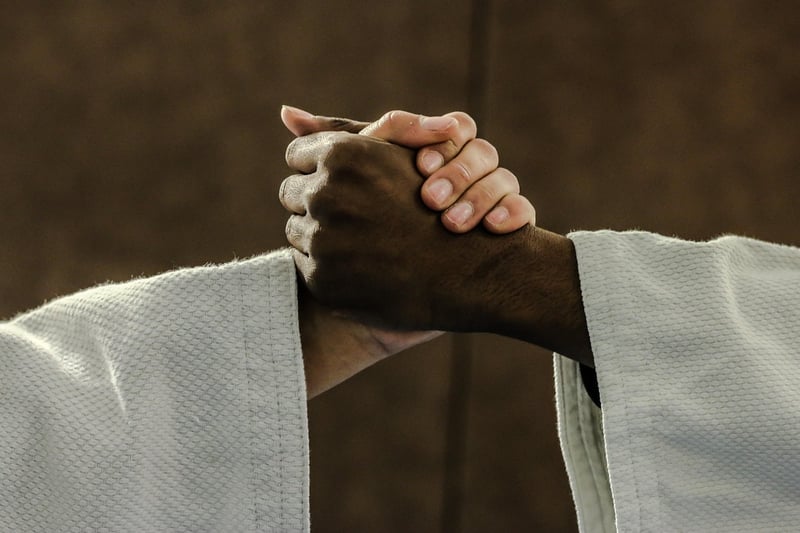Judo
The Art of Judo: Discipline and Self-Defense Techniques
Judo, a Japanese martial art, is not just about self-defense; it's also a way of life that instills discipline and respect. In this article, we'll explore the core principles of Judo and how it can be used for self-defense.
What is Judo?
Judo, which translates to "gentle way," focuses on using an opponent's force against them rather than relying on one's own strength. Developed by Jigoro Kano in the late 19th century, Judo emphasizes flexibility, balance, and technique over brute force.

Discipline in Judo
Central to Judo is the concept of discipline. Practitioners of Judo learn to respect their opponents, instructors, and the art itself. Through rigorous training and adherence to the principles of Judo, practitioners cultivate discipline both on and off the mat.
Self-Defense Techniques
While Judo is rooted in discipline, it is also highly effective for self-defense. By leveraging an opponent's momentum and using throws, joint locks, and pins, a Judoka (Judo practitioner) can neutralize threats without causing permanent harm.

Benefits of Learning Judo
- Improved physical fitness and coordination
- Enhanced self-confidence and mental focus
- Effective self-defense skills
- Development of discipline and respect
Conclusion
Judo is more than just a martial art; it is a way of life that promotes discipline, respect, and self-improvement. By learning Judo, individuals not only gain valuable self-defense skills but also cultivate important qualities that benefit them in all aspects of life.
Whether you are looking to enhance your self-defense capabilities or embark on a journey of personal growth, Judo offers a holistic approach to physical and mental well-being.
